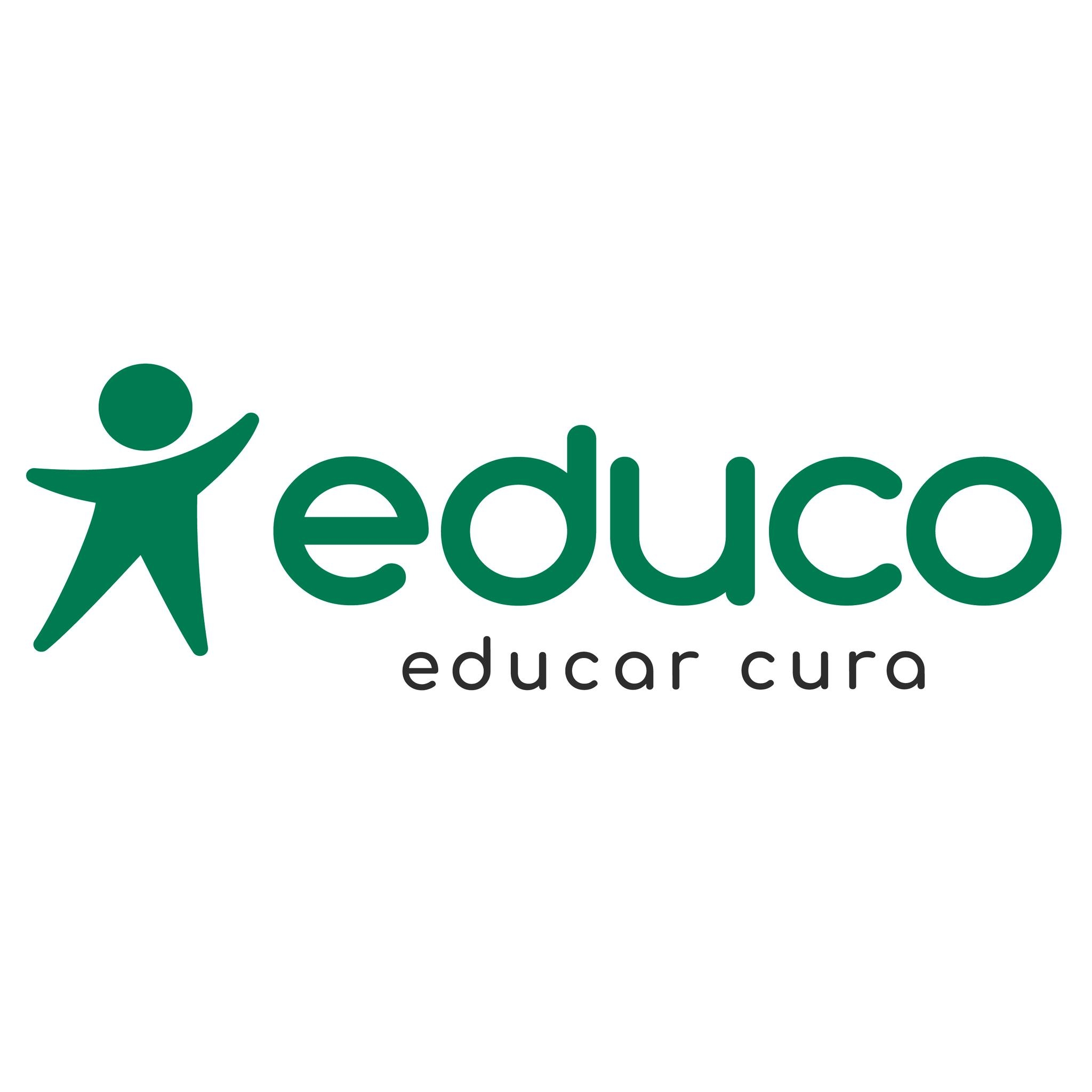Cause Area
Primary Sectors
Secondary Sectors
Geographies Served
Leadership Team
-
Sandeep Suresh Shrikhande
Trustee
-
Meenal Srinivasan
Trustee
Demographics & Structure
-
Organisation Strength
None
Registration Details
-
PAN Card
AADCF3946N
-
Registration Number
E-25425
-
CSR Form 1
Not Available
-
80G
AADCF3946NF20183
-
12A
AADCF3946NE20185
-
FCRA
083781477
About
-
Headquarters
Mumbai, Maharashtra
-
Since
2000
Impact
In 2023, Educo conducted over 5,500 surveys with children to measure the social impact of their work, collecting opinions on how projects have impacted children's lives, families and communities.
Vision and Mission
Vision: A world where all children fully enjoy their rights and lead a life of dignity. Mission: To work with children and their communities to promote just and equitable societies that guarantee their rights and wellbeing.
Political & Religious Declarations
-
Political Affiliation
-
Religious Affiliation
Location
-
Headquarters
1002, New Shree Ramanagar CHS LTD, 5th Road, Khar West, Mumbai - 400052, Maharashtra, India
Directions, Mumbai, Maharashtra -
Offices in Cities
Mumbai
Other Details
-
Type
Non-profit
-
Sub Type
Trust
Website
Technology Adoption
-
SOC 2 Compliant
No
-
Financial Management
-
Beneficiary Management



